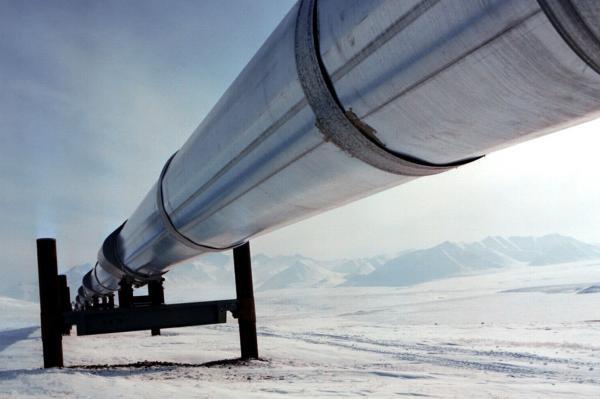
RUSSIAN GAS UP

North Africa's natural gas flows to Europe are poised to decline further amid the ongoing conflicts in the region, handing other exporters such as Russia's Gazprom a boost.
Algeria and Libya may reduce deliveries to Europe in the next two to three years because of political instability, lack of investment and contract renegotiations, according to Carlo Malacarne, CEO of Italy's Snam, Europe's biggest gas transmission operator by pipeline length and storage capacity. Its Italian network includes entry points for gas arriving from North Africa and Russia.
North Africa is Europe's second-biggest external gas provider, after Russia, accounting for almost 10% of the continent's demand in 2013. Output has been curtailed since a rebellion in Libya that ended Muammar Qaddafi's 42-year rule in 2011, while a militant attack on Algeria's In Amenas gas facility in 2013 heightened security concerns there. Aging fields also mean additional investment is needed to maintain production levels.
"The risk from North Africa to decrease imports into Europe is quite strong,"Malacarne said in an interview Thursday. Attracting investment is problematic, meaning European dependency on Russian gas will probably stay, he said.
Algeria accounted for 8% of European demand in 2013, one percentage point less than a year earlier, according to Eurogas, a Brussels-based lobby group. Libya's portion remained unchanged at 1%. That compares with Russia's share of 27% in 2013.
Deteriorating Outlook
The overall outlook for natural gas in North Africa has deteriorated, given the political instability in Libya and slow progress in developing new sources in Algeria, the International Energy Agency said Nov. 10 in its latest World Energy Outlook.
The IEA revised down its forecast for Algerian gas production, with the nation seen producing 116 billion cubic meters (4.1 trillion cubic feet) of gas by 2040, or 20% less than what was predicted last year. Output totaled 81 billion cubic meters in 2013.
Algerian supplies are also at risk from the renegotiation of take-or-pay contracts that allow buyers to postpone purchases of gas without paying penalties, Malacarne said. Typically, long-term gas contracts require the buyer to take a pre-agreed amount of gas or pay a fine. Some deals have periods when conditions can be reviewed, resulting in lower prices, adjusted price formula or the deferral of deliveries.
Little investment
"I don't think today that European companies decide to invest in Algeria," said Malacarne, who is focusing on improving the region's security of supply and system flexibility. "This is why, without the supply of gas from Russia, I could see some problems in Europe."
Russia's natural gas policy involves maintaining its share of the European market, First Deputy Energy Minister Alexey Teksler said in Moscow Tuesday.
While European demand is unlikely to recover to the peak levels of 2010, declining domestic production means its share of gas imports will increase to 83% of total use by 2040 from 63% in 2013, according to the IEA.
Like Algeria, Libya also needs investment to maintain and increase production, Malacarne said. Gas production and exports managed to recover last year, but remain 30%below levels seen in 2008-10, according to the IEA, which said output will be volatile amid the country's political and security situation.
Libya's National Oil Corp. said Thursday that it hopes oil and gas production will return to normal levels "in record time."
-----
More:





